China reinstating the health code to combat respiratory disease?
Following a recent spike in respiratory illness in China, people in some areas have found that the green codes on their long-dormant health code apps have been reactivated, prompting speculation that this particular measure from the pandemic days might be coming back, and also reviving memories of the painful days of lockdown.
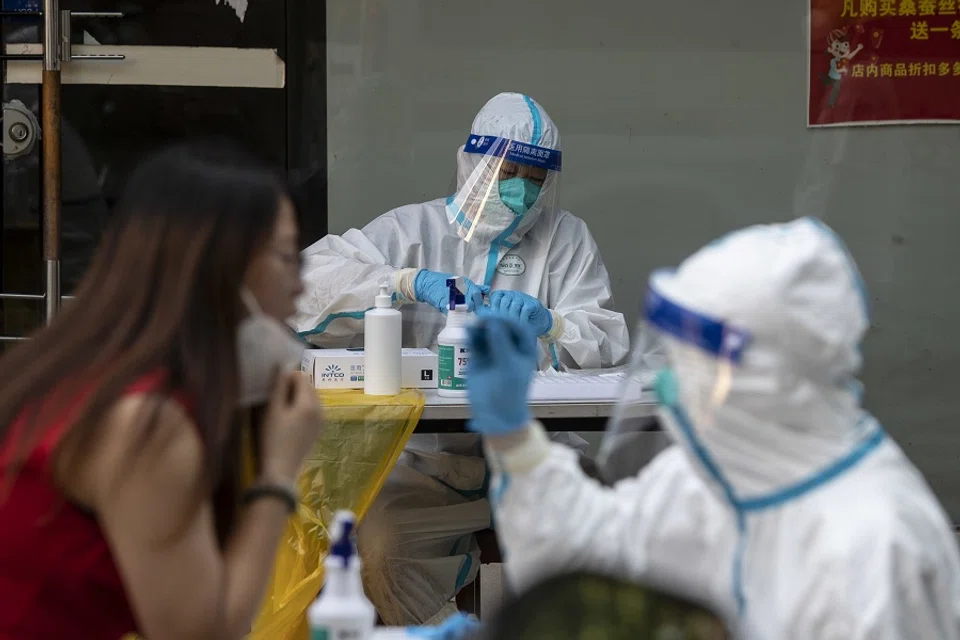
Following China's recent surge in respiratory illness, some netizens reported that health codes (also known as green codes) are making a comeback in some regions, with some beginning to worry if authorities will reintroduce stringent Covid-era prevention and control measures such as checking health codes.
The so-called green code was introduced by Chinese officials during the Covid-19 pandemic for residents to prove they were not infected with the coronavirus, so that they could access public spaces. To maintain a green code, residents had to take regular nucleic acid tests and be vaccinated.
Mysterious green code
After the outbreak of the Covid-19 pandemic in early 2020, the Chinese people endured nearly three years of stringent anti-Covid measures. Taking nucleic acid tests and showing proof of a green code became part of daily life, and it was common to isolate the neighbourhood or even the entire city for a single Covid-19 case, causing great inconvenience to people's lives and dealing a big blow to China's economy and people's livelihoods.
Although anti-Covid measures were gradually eased across various Chinese regions in December last year, even now the economy has not fully recovered. It can be said that the three-year-long pandemic has left a lingering psychological mark on many people, while the green code is an important symbol of the authorities' stringent containment of the coronavirus.
... the staff at the Guangzhou Municipal Health Commission said the matter does not come under their purview while the staff manning the mayor's hotline said the green code does not affect daily life or movement.
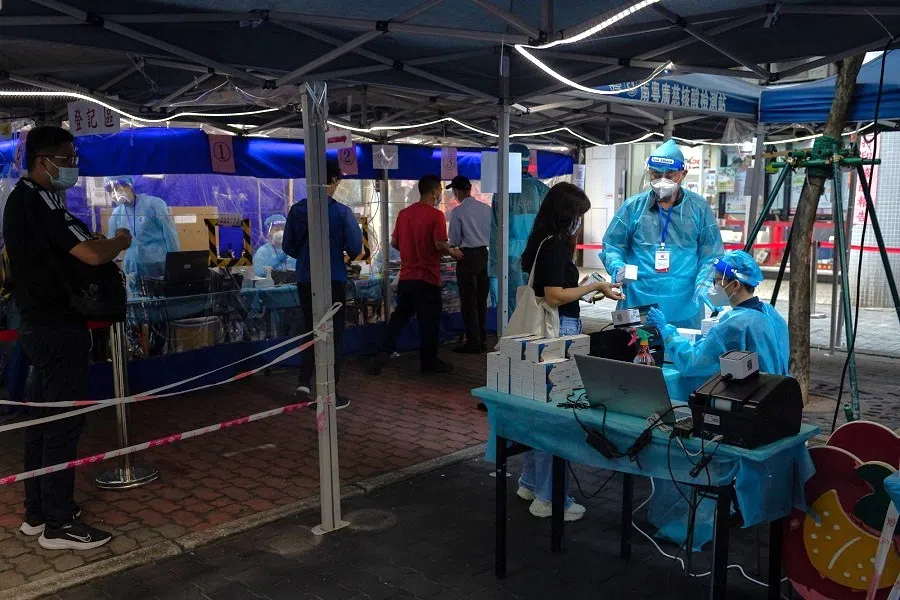
According to Dingduan News (顶端新闻), Guangming Net (光明网) and other media outlets, netizens in Sichuan and Guangdong saw green codes on their health code apps on 1 December. Subsequently, netizens in Zhejiang, Hubei, Hebei, Shaanxi and Liaoning also saw the same.
Health codes across China were supposedly taken offline in the first quarter of this year. When Guangdong's health code went offline in February, the authorities issued a notice stating that with the removal of the health code, all relevant data would be destroyed in accordance with relevant laws and regulations, to effectively safeguard personal data security.
When a reporter recently called the authorities as a resident, the staff at the Guangzhou Municipal Health Commission said the matter does not come under their purview while the staff manning the mayor's hotline said the green code does not affect daily life or movement.
Fears reignited
For some netizens, the appearance of the green code brought back painful memories of strict pandemic measures. Netizens reported that they were "frightened to tears", while others joked that the return of the green code is a "ghost story" for the bedroom at night.
Some netizens also associated the reappearance of the green code with the recent surge in respiratory illness, and are worried that officials might resume checking health codes to control the spread of the disease. Others speculated that certain interest groups may cajole officials to reintroduce the green code to profit from it.
People are still reeling from the painful anti-pandemic experience.
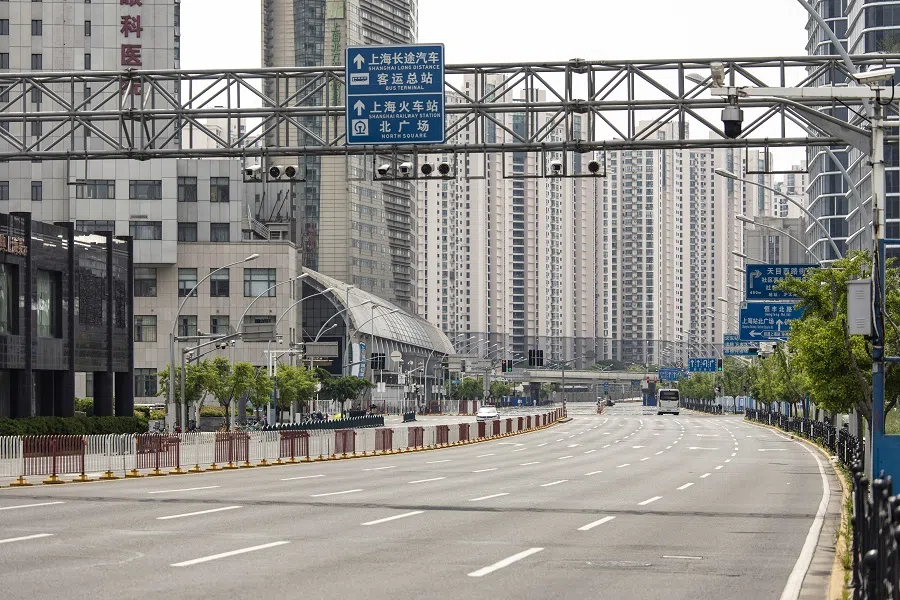
The fact is, after anti-Covid measures were eased, the health code has not been eliminated in some parts of China even if it is no longer an integral part of daily life. While login details have expired because users stopped using them, the green code can show up once more as soon as they log back in.
Rather than the green code per se, what worries people is the possibility that harsh anti-Covid measures, including city-wide or community-wide lockdowns, might return and impede normal life and regular economic activities. People are still reeling from the painful anti-pandemic experience.
International attention
Of course, Chinese officials would not simply restart strict containment measures; the three years of pandemic control have brought about just as much pressure on the higher-ups and local officials as they did for the common folk.
However, China's recent spate of respiratory diseases has indeed caught international attention. On 22 November, the World Health Organization (WHO) formally requested China to provide detailed information on an increase in respiratory illnesses and reported clusters of pneumonia in children.
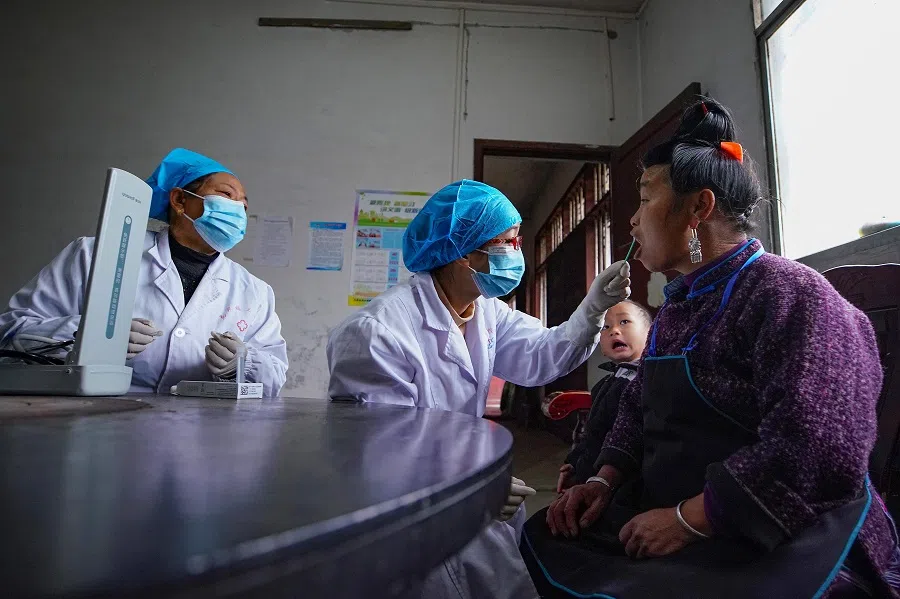
According to the official WHO website, on 23 November, China's Center for Disease Control and Prevention and the Beijing Children's Hospital held a teleconference with the WHO, in which additional details were provided, indicating an increase in outpatient consultations and hospital admissions of children due to Mycoplasma pneumoniae pneumonia since May, and RSV, adenovirus and influenza virus since October.
Some of these increases are earlier in the season than historically experienced, but not unexpected given the lifting of Covid-19 restrictions. However, there has been no detection of any unusual or novel pathogens or unusual clinical presentations, including in Beijing and Liaoning.
"We should immediately restrict travel between the United States and the PRC until we know more about the dangers posed by this new illness." - US congressmen in a letter to President Biden
Restricting US-China travel again?
Amid the increase in respiratory disease cases in China, some US congressmen have called on the US government to limit interactions between US and Chinese officials. According to a Reuters report, five senators led by Marco Rubio, the leading Republican on the Senate intelligence committee, co-signed a letter to US President Joe Biden: "We should immediately restrict travel between the United States and the PRC until we know more about the dangers posed by this new illness."
Liu Pengyu, spokesperson for the Chinese embassy in the US, responded by stating that the claims by Rubio and the other senators were "purely ill-intentioned fabrications. China firmly opposes them."
A Biden administration official said that although the US is closely monitoring the uptick in respiratory illnesses in China, "nothing is appearing out of the ordinary... At this time, there is no indication that there is a link between the people who are seeking care in US emergency departments and the outbreak of respiratory illness in China."
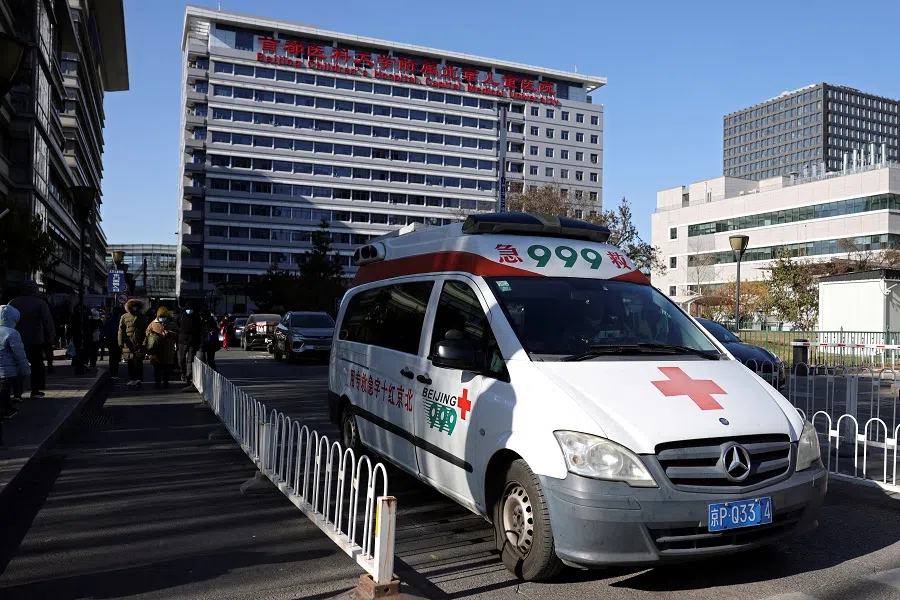
As for whether the recent spike in respiratory diseases was due to a new infectious disease, China's National Health Commission (NHC) issued a clarification on 2 December.
No more lockdowns
National Health Commission spokesman Mi Feng, often seen during the pandemic, said the clusters were all caused by recognised pathogens, and medical workers are dealing with them by using mature treatment plans, adding that diseases due to unknown viruses and bacteria have not yet been detected.
Mi said the NHC would increase the supply of a host of medical services, and push for Traditional Chinese Medicine hospitals, maternity and children hospitals, and other medical facilities across the various fields to "be open for service wherever necessary", and offer additional afternoon, evening and weekend consultations, extend service hours, and increase the supply of hospital beds when necessary, while improving the outpatient process for registration, consultation and payment.
At the moment, it seems that the worries some netizens have about the authorities reactivating the green code might be a misunderstanding. However, their fears of going back into lockdown are real. But for the people and officials who went through three painful years, unless an extreme situation comes up and there is no choice, nobody is willing to return to the days of lockdown and house arrest.
This article was first published in Lianhe Zaobao as "健康码又要回来了?".
Related: Packed children's hospitals in Beijing reflects China's social conditions | How China's health code app permeates daily life and may still play a role post-Covid | When heroes and the corrupt coexist: Rooting out medical corruption in China | Chinese doctor: Why non-compliant practices are rampant in China's hospitals





